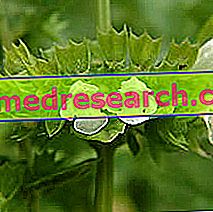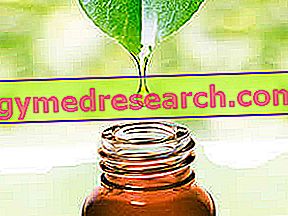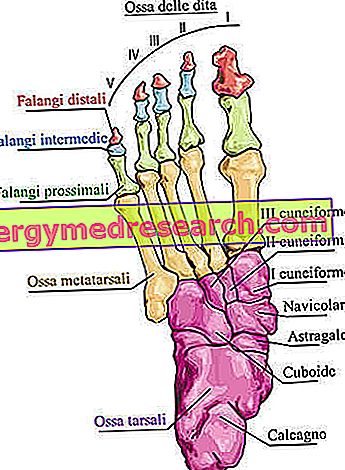
Scientific name
Melissa officinalis
Family
Labiatae
Origin
Mediterranean Basin, Western Asia
Used Parts
Drug consisting of lemon balm leaves (official Pharmacopoeia)
Chemical constituents
- Flavonoids (quercetin, apigenin).
- Caffeic acid and chlorogenic acid derivatives;
- Rosmarinic acid;
- triterpenes;
- Essential oil (citral, citronellal and caryophyllene);
- Bitter substances;
- Polysaccharides;
- mucilage;
- Glycosides.
Melissa in Herbalist: Properties of Melissa
Lemon balm is used effectively in the visceral somatizations of anxiety, having a dual role of antispasmodic and sedative at the same time.
Furthermore, melissa also has carminative, antiviral, antioxidant and anti-hormonal properties.
Biological activity
The use of lemon balm has been officially approved for the treatment of states of agitation and insomnia. This is possible thanks to the antispasmodic and sedative properties of this plant.
As mentioned above, lemon balm has proved particularly effective in combating anxiety accompanied by visceral somatizations, so its use is useful when you are in the presence of an irritable colon, gastritis, nausea, vomiting, biliary dyspepsias, headaches, tremors, psychogenic dizziness and tachycardia.
It seems that this sedative action of lemon balm is exerted through the inhibition of the enzyme GABA-transaminase, ie through the inhibition of the enzyme responsible for the degradation of GABA (the most important inhibitory neurotransmitter of our central nervous system).
However, it is important to emphasize that the sedative activity of the lemon balm on the central nervous system can also be mediated by an inhibiting action on the functioning of the thyroid gland, which has been studied and confirmed.
Furthermore, some studies have shown that lemon balm, more precisely its extract, is able to exert a protective action against damage caused by oxidative stress. These antioxidant properties are most likely attributable to the rosmarinic acid it contains.
Furthermore, it appears that rosmarinic acid is also responsible for the antiviral activity that lemon balm exerts on Herpes simplex virus (or HSV). In fact, a study has shown that the extract of lemon balm (containing rosmarinic acid, caffeic and other organic acids) is able to inhibit, in vitro, the penetration of the virus into the host cells in percentages ranging from 80 to 96%, depending on the viral strains used (respectively, acyclovir-sensitive HSV strains and acyclovir-resistant HSV strains). The study then established that it is precisely rosmarinic acid that is the main responsible for the aforementioned antiviral activity.
Finally, rather recently, studies have been carried out to investigate the potential anticancer properties of lemon balm. Indeed, from one of these studies it emerged that the hydroalcoholic extract of lemon balm is capable of inhibiting the proliferation of some types of malignant cells, particularly those belonging to hormone-dependent tumors.
Melissa against anxiety and insomnia
As mentioned, lemon balm can be effectively used to counteract anxiety associated with visceral somatizations and to combat insomnia, thanks to the sedative and antispasmodic properties it is endowed with.
As an indication, to prepare a lemon balm infusion for the treatment of the aforementioned disorders, it is recommended to use 1.5-5 grams of drug.
However, various lemon balm preparations are available on the market with indications for the treatment of this type of disorder. Therefore, it is recommended to follow the dosage instructions generally indicated on the packaging or on the label of the product to be used.
Furthermore, it is not uncommon to find preparations within which lemon balm is found in association with other medicinal plants that complement and enhance its properties.
Melissa in folk medicine and in homeopathy
In folk medicine the flowering tops of lemon balm are used to prepare decoctions for the treatment of digestive disorders related to states of anxiety, meteorism, hysteria, palpitations, headaches, vomiting and excessively high blood pressure.
When used externally, lemon balm is used in folk medicine for the treatment of neuralgia, rheumatism and stiff neck.
In the homeopathic area, on the other hand, lemon balm is used as a remedy against irregularities in the menstrual cycle.
Contraindications
Avoid taking in subjects with glaucoma, thyroid disorders or in case of hypersensitivity to one or more components of lemon balm.
Pharmacological Interactions
- possible interactions with barbiturates (increased hypnotic effect) and with tapazole (hypothyroidism);
- the combination of lemon balm, passionflower and St. John's wort has shown undesirable sedative effects.



